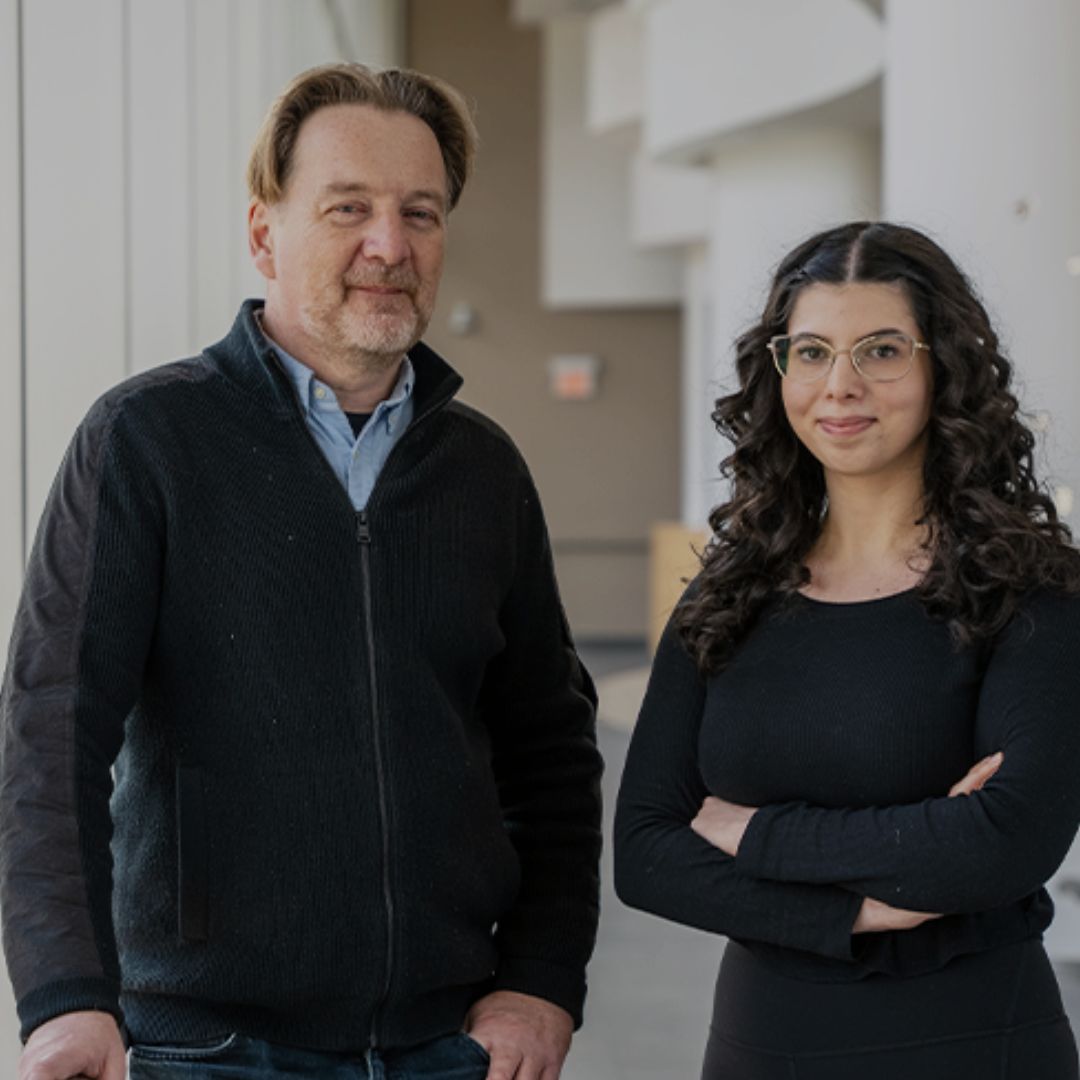Dr. Jordan Feld in the lab.
As the world continues to grapple with the COVID-19 pandemic, and with a potential vaccine likely still 18 months away, scientists in laboratories around the globe are working around the clock to unearth potential new treatments. Although various antiviral strategies are under evaluation, none have shown significant benefits in early research trials.
With the support of donors, UHN’s liver researchers are responding to the immediate challenge posed by COVID-19 and applying their expertise in virology and immunology to evaluate novel therapies.
Dr. Jordan Feld, Co-Director of the Schwartz Reisman Liver Research Centre, R. Phelan Chair in Translational Liver Research and internationally renowned hepatologist with a background in virology, launched a clinical trial on Monday to test a treatment, called peginterferon lambda (or PegIFN-l), that he believes holds great promise.
Interferon-lambda, a protein found in the body, is key to our anti-viral immune response and has been shown to control respiratory viral infections in disease models, with limited side effects. PegIFN-l is a type of interferon that has been studied extensively in human trials in viral hepatitis, confirming its safety. These attributes give this treatment a head start on other potential treatments.
“Current strategies to limit COVID-19 transmission through public health measures such as social distancing and self-isolation have had some effect, but have also had major societal and economic consequences. We need treatments,” says Dr. Feld. “Our PegIFN-l treatment trial is addressing two key components of COVID-19: preventing severe disease and getting healthy people to clear the virus quickly so they can get back to their lives.”
The study will initially focus on individuals with mild illness, who are well enough to go home and remain in home isolation. They will get one injection of PegIFN-l or placebo. PegIFN-l is naturally produced in lung infections but is lacking in COVID-19. Treatment with PegIFN-l is well-tolerated and is highly effective at curing severe viral respiratory infections in laboratory models.
“We will see how quickly they clear the virus with the goal to have most clear it by day seven or earlier; allowing them to avoid progression of the infection, reduce transmission to others and to safely return to their daily lives sooner,” says Dr. Feld.
No daily dosage of medications for patients
PegIFN-l is a particularly attractive option because unlike oral therapies, there is no concern about patients adhering to daily doses of medication to ensure efficacy.
“Patients will receive a single injection of PegIFN-l at the time of diagnosis, and the long duration of therapy is anticipated to lead to rapid and sustained suppression of COVID-19 virus replication,” says Dr. Feld. “We believe this will prevent disease progression and limit viral shedding and thus the risk of transmission to contacts.”
Assuming no safety concerns arise in the phase one of the outpatient study, researchers will enrol moderately ill but not severely ill hospitalized inpatients. Participants will receive PegIFN-I or placebo at diagnosis and a second dose one week later. The hope is that this will prevent progression to severe disease and that the majority of patients will be able to clear the virus within two weeks.
Phase one has been fully funded through generous donors and a competitively awarded grant from the University of Toronto. Donor funds are needed for phase two. If proven effective, this therapy could truly change the course of this pandemic.


